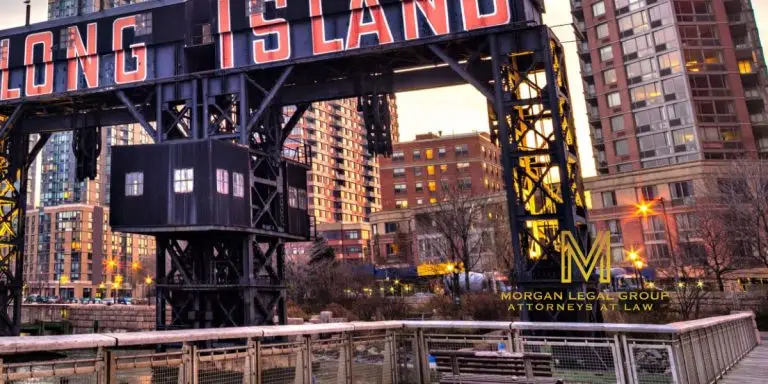Want to avoid probate? If you are scared of waiting for too long for a court process that can take years. Or if you don’t want to spend lots of money settling probate and lawyer fees, you need to look for the best means to escape probate. We have highlighted a few below. Before we delve into that, let’s see what probate is.
What is probate?
Probate is a process designed to determine the validity of a well, and settle the estate of a deceased. Applying for probate gives you access to an individual’s estate if he or she had a Will and you’re the executor of that very Will. With a grant of probate, you are permitted to distribute assets, sell properties, close accounts and also prove to the Land Registry, banks and other organizations that you have the authority to deal with an individual’s estate according to his or her Will.
Options Available to Avoid Probate
If you wish to avoid the probate process, you can select from the below options. Contact a competent attorney for advice.
1. Joint ownership
If you own a property jointly with another individual, and this ownership includes the “right of survivorship,” then whoever is alive between the two owners automatically owns the property when one dies. Probate is not necessary in this case to transfer the property, although it will involve some paperwork to indicate that title to the property is held solely by the surviving owner.
In some states in the U.S., these forms of joint ownership are available:
Joint tenancy: Property owned in joint tenancy is automatically transferred to the surviving owner when one kicks the bucket. Probate isn’t required to facilitate the process. Joint tenancy is often ideal when couples (married or not) procure real estate, vehicle, bank accounts, or other valuable property together. In New York, each owner, regarding as joint tenant, must own the same share.
Tenancy by the entirety: this type of joint ownership is similar to joint tenancy. However, it is allowed only for married couples in New York. In New York, tenancy by the entirety is allowed just for just real estate.
2. Living Trust
You can set up a living will to bypass probate for any asset you own, such as real estate, bank accounts, vehicles, etc. You need to create a trust document (it is like a will), designating someone to assume the position of trustee after your death (called successor trustee). Then, you must transfer ownership of your property to yourself as the trustee of the trust. As soon as all that is done, the property will be controlled by the terms used to set up the trust. Upon your death, your successor will be able to transfer it to the trust beneficiaries without the usual probate process.
3. Payable-on-Death Designations for Bank Accounts
Here is another way to avoid probate. You can include a “payable-on-death (POD) designation to bank accounts like savings accounts or certificates of deposit. You still have control over the money in the account, your payable-on-death designation beneficiary has zero rights to the money, and you can splash all the money if you desire. Upon your death, the beneficiary can claim the funds directly from the bank without the probate process.
4. Transfer-on-Death Registration for Securities
New York allows you to register stocks and bonds in transfer-on-death (TOD) form. Individuals usually hold brokerage accounts like this. If you register an account in transfer-on-death form, the beneficiary you designate will inherit the account automatically after your demise. The probate process is not required. The beneficiary will transact directly with the brokerage company to transfer the account.
5. Give away your properties
Giving away your properties is actually very risky and it should be one of the most extreme way to avoid probate but gifting someone else your assets by using a special kind of trust should help you easily avoid probate. One of the main disadvantages with this is that you would no longer have the use of that gifted property while you’re still alive.
Worthy to note is that, if you fail to plan to avoid probate, your estate may qualify for New York’s simplified “small estate” probate process. If you need more details regarding the simplified probate procedure, or if you need the help of a probate attorney, please contact us.







